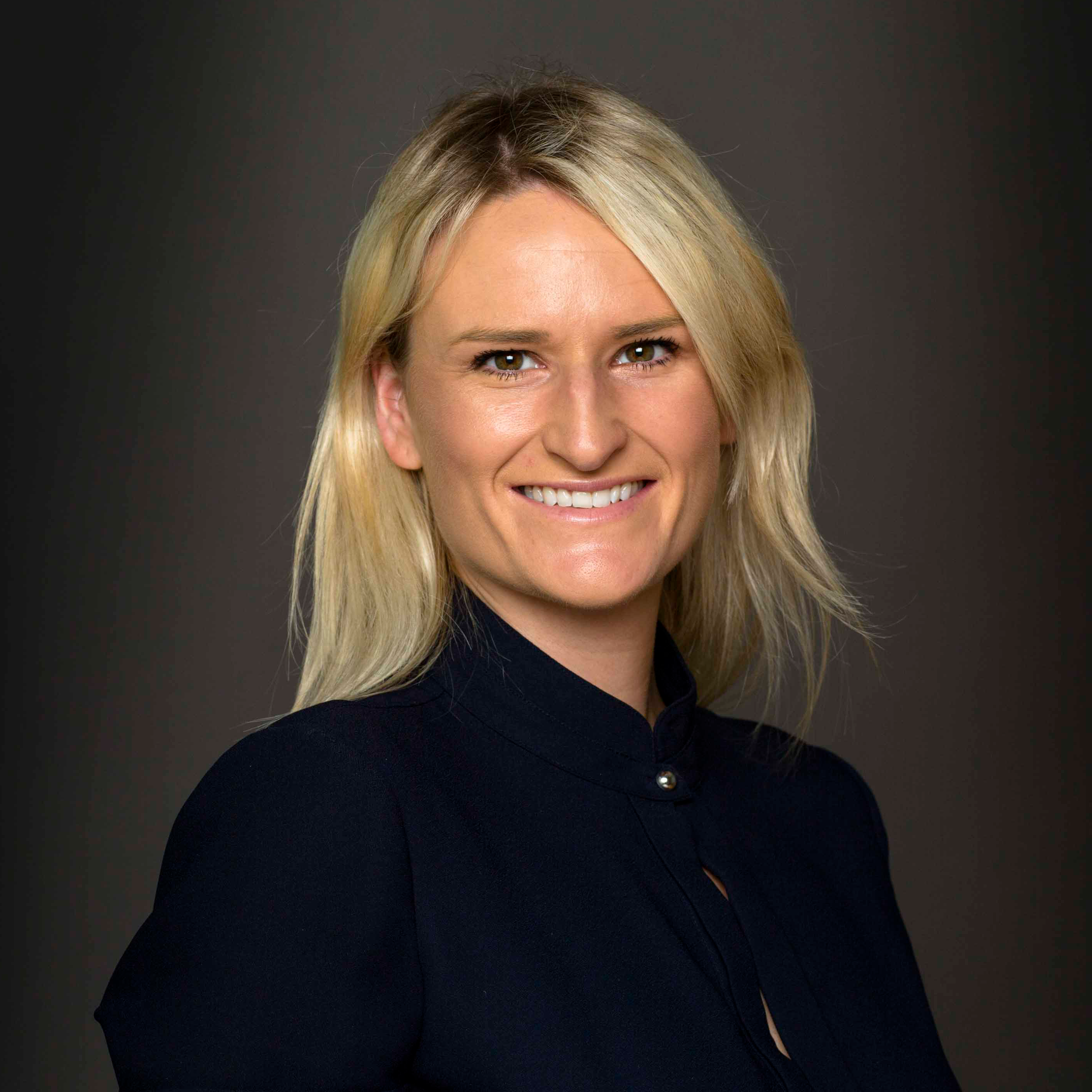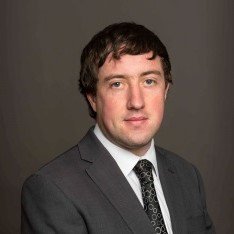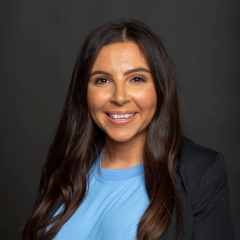Fit as a Fiddle: Your Guide to the Central Bank of Ireland’s Fitness and Probity Interviews
Don’t panic if you are called for interview by the Central Bank of Ireland (the “CBI”) as part of your application for approval for a pre-approval controlled function role (a “PCF role”). The CBI has clarified that “an interview by the Central Bank should not be viewed as a negative indicator.”1
This guide explains the steps involved in this process and how to navigate the CBI’s fitness and probity interviews.
What is the Fitness and Probity Regime?
The CBI assesses the fitness and probity (i.e. suitability) of individuals (“Applicants”) applying to act in various key roles in regulated entities. The prior approval of the CBI is required before an individual is appointed to a position involving a PCF role (such as Chief Executive, Director and certain heads of departments). Applicants must be:
(a) competent and capable;
(b) honest, ethical and have integrity; and
(c) financially sound.
These criteria can be shown through the Applicant’s qualifications, experience, and skillset.
What does the application process involve?
As part of the PCF assessment process, the CBI requires Applicants to complete an Individual Questionnaire (“IQ”) and to provide supporting documents. The information provided should be truthful, full, fair and accurate in all respects.
The CBI may also require Applicants to attend an interview as part of the fitness and probity assessment process. The CBI uses a risk-based approach when deciding whether to call an Applicant for interview. For example, the CBI is more likely to call CEOs of larger firms for interviews. Interviews serve as an essential information gathering tool, enabling the CBI to gain deeper insights and understanding of an Applicant’s fitness and probity for a PCF role within a regulated entity.
| General Updates | |
|---|---|
|
Preparation |
Due diligence should be carried out by the regulated entity with respect to the Applicant. The regulated entity must be satisfied that the Applicant is fit and proper to perform the PCF role. |
|
Submission of application |
An IQ and supporting documents should be submitted to the CBI. If the IQ is incomplete, the CBI will return it within 5 working days and a new IQ must be submitted. |
|
Interview (if applicable) |
The CBI may call the Applicant for a fitness and probity interview. |
|
Assessment |
The CBI is committed to assessing applications within 90 days. The CBI may: approve an application subject to conditions, such as training or mentoring requirements; approve an application without conditions; or decide to issue a Minded to Refuse letter (i.e. a draft decision outlining any supervisory concerns). |
|
Decision |
If approved, ongoing obligations will apply to the regulated entity and the Applicant, for example ensuring compliance with the Fitness and Probity Standards. If the CBI issues a Minded to Refuse letter, the regulated entity and the Applicant may make submissions addressing the CBI’s concerns. |
The Interview Process
If an Applicant is called for an interview, the CBI will appoint an interview panel, which typically consists of up to three CBI staff members, including a minute taker. Panel members are selected on the basis of their qualifications and experience, ensuring these align with the regulated entity’s profile and the proposed role’s requirements.
The CBI will provide a minimum of five working days’ notice prior to the interview. Applicants will receive an outline of the topics which the CBI wishes to discuss.
Interviews are scheduled to last 90 minutes. The Applicant should be prepared to address the application, including the details provided in the IQ, as well as the fitness and probity of the Applicant in relation to the proposed role. An Applicant should not merely read a pre-prepared script. In our experience, an Applicant may be asked about:
- the Applicant’s IQ and application documents;
- an overview of the business activities of the regulated entity, the proposed role and the Applicant’s understanding of both;
- the main risks or challenges facing the regulated entity;
- governance, oversight and controls relevant to the regulated entity;
- how the Applicant’s prior experience is relevant to the proposed role;
- the regulatory framework within which the regulated entity operates; and
- how the Applicant will deal with managing their time.
Failure to attend an interview will likely result in an application being rejected by the CBI.
Following the interview, the CBI will provide minutes or recordings to the Applicant and the regulated entity within five working days of the interview and allow them five working days to respond to any inaccuracies. In addition, the CBI will provide written feedback if it is concerned about the Applicant’s suitability for the PCF role.
Legal Representation and Support
McCann FitzGerald LLP is a premier law firm in Ireland and advises on the full range of legal, tax and compliance activities undertaken by financial service providers in Ireland. We have extensive experience in helping candidates progress through the fitness and probity process. We can assist regulated firms and Applicants with the application process by providing guidance on, and answering questions about, the IQ. We can also provide training and mock interviews to candidates in advance of fitness and probity interviews with the CBI. Furthermore, we can attend interviews with Applicants and provide guidance and support during the interview. In addition, we offer a wide range of training which may assist Applicants who are approved subject to certain conditions. If you require any support with fitness and probity applications, please get in touch with your usual McCann FitzGerald LLP contact or one of the key contacts below.
- Fitness and Probity Gatekeeper Process available at: https://www.centralbank.ie/docs/default-source/regulation/how-we-regulate/fitness-probity/fitness-and-probity-gatekeeper-process-manual.pdf?sfvrsn=bdab6a1a_8
This document has been prepared by McCann FitzGerald LLP for general guidance only and should not be regarded as a substitute for professional advice. Such advice should always be taken before acting on any of the matters discussed.










Select how you would like to share using the options below